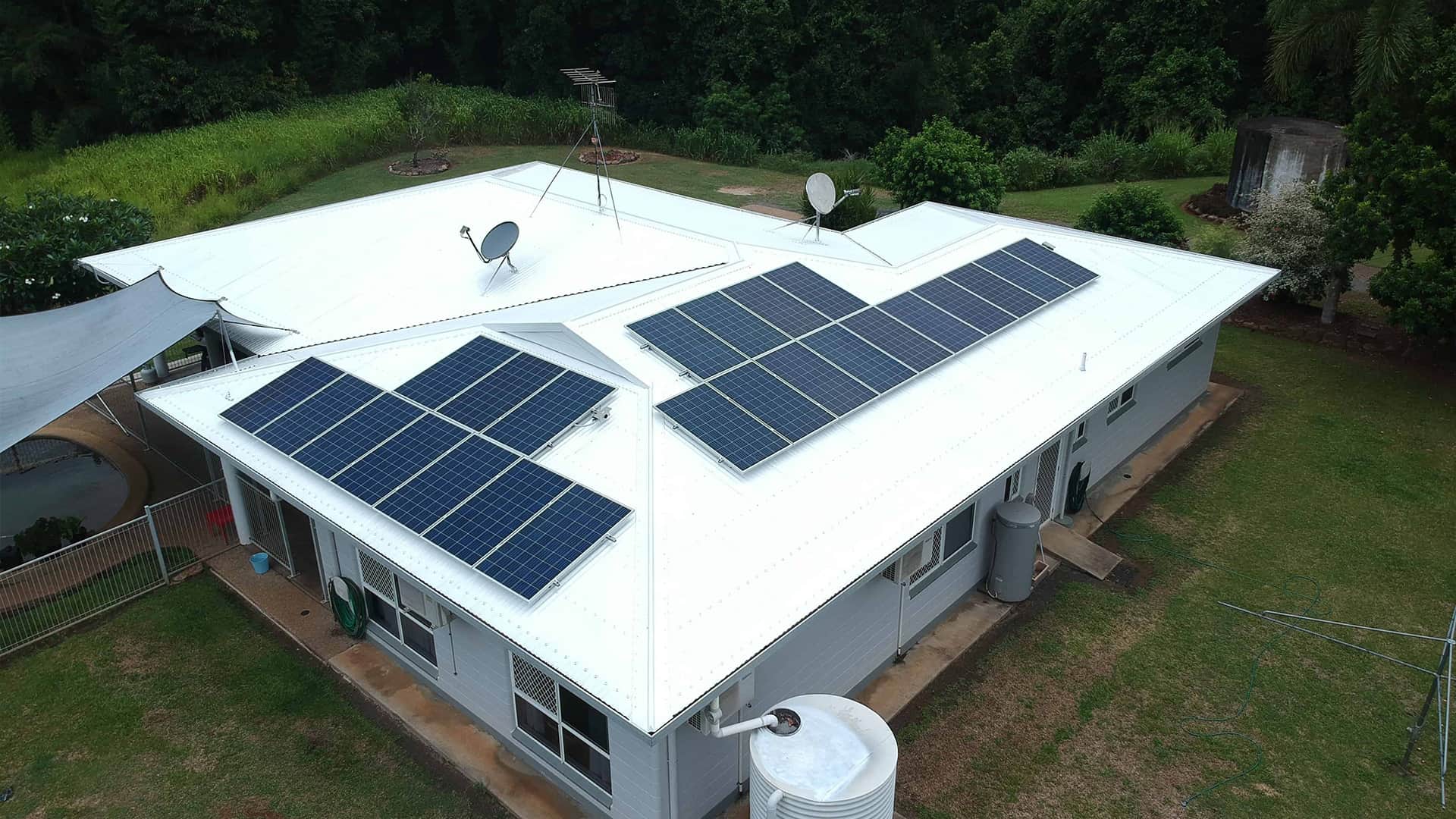
The solar investment tax credit (ITC) has been a crucial incentive for individuals and businesses to adopt solar energy in the United States. Recently, the Department of Energy announced changes to the ITC, which has sparked interest among those looking to invest in renewable energy. In this article, we will delve into the details of the solar investment tax credit, what's changed, and how it affects your energy savings.
What is the Solar Investment Tax Credit?
The solar investment tax credit is a tax incentive provided by the federal government to encourage the development and use of solar energy. It allows homeowners and businesses to claim a tax credit of up to 26% of the total cost of a solar panel system. This credit can be applied to both residential and commercial properties, making it an attractive option for those looking to reduce their energy bills and carbon footprint.
What Changed?
The Department of Energy has announced an extension of the solar investment tax credit, which was set to expire at the end of 2020. The new legislation extends the credit at 26% for both residential and commercial properties through 2022. In 2023, the credit will drop to 22%, and in 2024, it will decrease to 10% for commercial properties and 0% for residential properties.
Additionally, the new legislation includes a provision that allows companies to claim the ITC for energy storage systems, even if they are not paired with a solar panel system. This change is expected to boost the adoption of energy storage technologies, such as batteries, which are essential for a reliable and efficient renewable energy system.
How Does the Solar Investment Tax Credit Impact Your Energy Savings?
The solar investment tax credit can significantly impact your energy savings, especially if you're considering investing in a solar panel system. With the credit, you can claim up to 26% of the total cost of the system, which can help offset the upfront costs of installation. For example, if you invest $10,000 in a solar panel system, you can claim a tax credit of up to $2,600, reducing your tax liability and increasing your energy savings.
Moreover, with the extension of the ITC, you can enjoy energy savings for years to come. Solar panel systems can last up to 25 years or more, providing you with clean and renewable energy while reducing your reliance on fossil fuels. According to the Department of Energy, a typical residential solar panel system can save homeowners up to $400 per year on their energy bills.
The solar investment tax credit is a vital incentive for promoting the adoption of solar energy in the United States. With the recent changes announced by the Department of Energy, individuals and businesses can continue to benefit from this credit, enjoying significant energy savings and reducing their carbon footprint. Whether you're a homeowner or a business owner, investing in a solar panel system with the ITC can be a smart decision, providing you with long-term energy savings and a more sustainable future.
If you're considering investing in solar energy, it's essential to consult with a tax professional to understand how the ITC applies to your specific situation. Additionally, you can visit the Department of Energy's website for more information on the solar investment tax credit and other renewable energy incentives.
By investing in solar energy and taking advantage of the ITC, you can contribute to a cleaner, more sustainable future while enjoying significant energy savings. So, what are you waiting for? Harness the power of the sun and start saving today!
Note: This article is for informational purposes only and should not be considered as tax or financial advice. Consult with a tax professional or financial advisor to understand how the solar investment tax credit applies to your specific situation.









